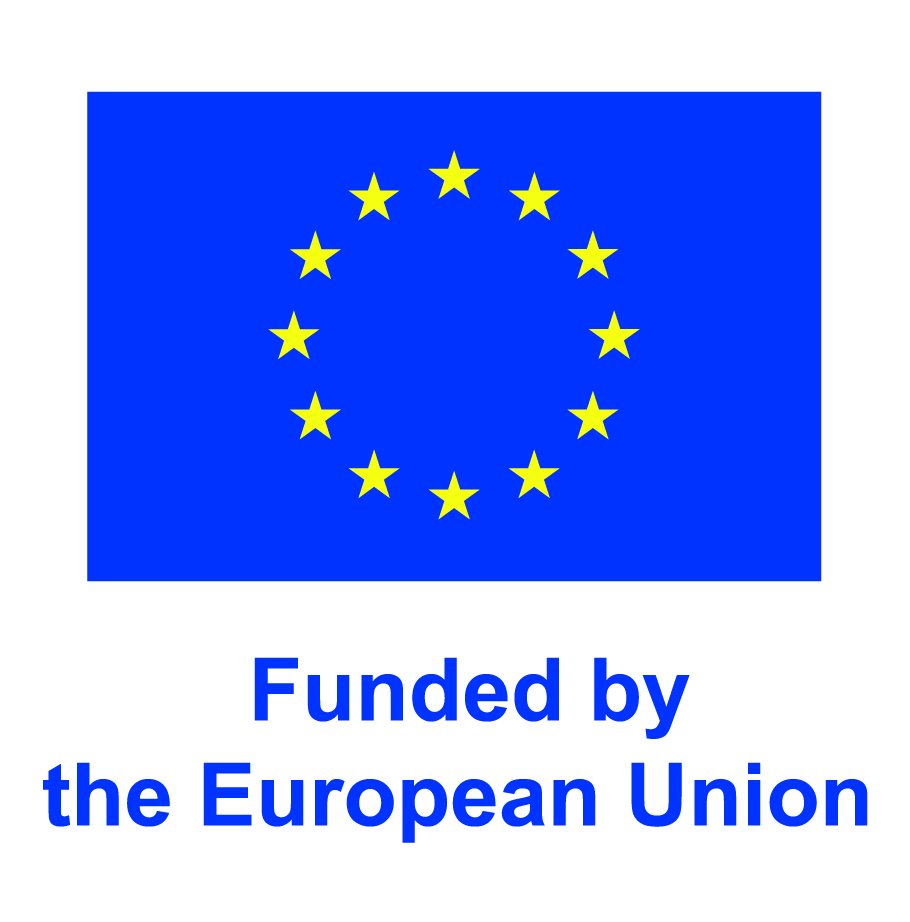Ester Herlin-Karnell
Over the past decade, concerns about rising veterinary costs and their impact on animal welfare have sparked growing debate across Europe and North America. In the EU, veterinary pricing is largely unregulated, leading to significant variation in costs and transparency across Member States – prompting scrutiny from competition authorities in countries like the UK, the Netherlands, and Sweden. If Charter rights, particularly Article 37 on sustainability, are to carry real weight in relation to animals, the current state of the veterinary market in Europe warrants closer examination.
Continue reading >>
Sara de Vido
This blog post aims at briefly addressing the issue of hunting as it is regulated in EU biodiversity law using legal ecofeminism as method of analysis. It starts from a reflection on ecofeminism as related to hunting, then argues that EU law, including the EU Charter is inherently anthropocentric, and highlights the ambiguities of EU biodiversity law. By referring to a judgment rendered by the Court of Justice of the EU (CJEU) on the conservation of wolves in 2019, this post encourages an ecofeminist legal reading of EU biodiversity law. E
Continue reading >>
Nina Braude
Two recent fisheries disputes reveal that the “best available science” standard is neither singular nor straightforward. Instead, science emerges as contested terrain, shaped by power, uncertainty, and competing truths. These cases could have important implications for the future application of the EU’s Charter of Fundamental Rights and its growing relevance for biodiversity and animal protection.
Continue reading >>
Yaffa Epstein, Eva Bernet Kempers
The recognition of animals and nature as potential rights holders has long been a controversial proposition within European legal discourse. However, we believe that the EU legal order is more hospitable to such recognition than one might expect. In a recent article, we argued for a rights-based reinterpretation of EU animal welfare and environmental protection laws. EU constitutional and secondary laws can be construed as entailing legal rights for non-human entities – even if these rights are not explicit the texts. We consider how the EU Charter of Fundamental Rights and other EU legal acts may support a post-anthropocentric vision of Union law.
Continue reading >>
Ester Herlin-Karnell
The EU Charter of Fundamental Rights remains silent on animal rights, even as a growing number of constitutions worldwide now explicitly protect animals. While the EU already recognises animals as sentient beings under Article 13 TFEU, this recognition has yet to translate into meaningful constitutional safeguards. Embedding animal welfare into the Charter would align the Union with global developments and help move its integration project beyond an overly anthropocentric model.
Continue reading >>
Bertjan Wolthuis
The European Union recently changed the legal status of the wolf from “strictly protected” to “protected”. In this contribution, I advocate a different response to the problem that wolves prey on animals kept by humans: the further development of the European ecological network called Natura 2000. The premise of my argument, based on animal rights theory and Kant’s philosophy of law, is that wolves have the right to be on Earth. In the past, humans have tried to eradicate wolves, which is a clear violation of this right. I argue that this historical injustice generates the duty to restore the habitats and natural infrastructure used by wolves.
Continue reading >>
Maneesha Deckha
The European Charter on Fundamental Human Rights is not concerned about animal rights. Although the Charter is silent about animals, it is possible to connect certain human rights it enshrines to animals in a manner that can foment animal rights. The protection of a healthy environment in Article 37 is an obvious choice. A lesser theorized human right in the Charter similarly has considerable potential to benefit animals: the right to education under Article 14.
Continue reading >>
Poul F. Kjaer
The Charter of Fundamental Rights of the European Union makes no mention of animals—a silence that reflects a broader pattern across EU law, including in Global Value Chain Law (GVC Law), which governs the legal infrastructures of global economic activity. Animals hold no particular legal status in this domain, revealing striking parallels in how law has historically shaped and domesticated both human and animal life. Rethinking this shared legal trajectory sheds new light on the social condition underpinning the fundamental values of EU law.
Continue reading >>
Hans Lindahl
The effort to anchor animal rights in the European Charter of Fundamental Rights has gained relevance in light of the widespread commodification of animals within the EU’s market-driven integration process. While commendable in principle, incorporating animal rights into the Charter risks serving a largely symbolic function if it diverts attention from the more pressing task of reconfiguring what I take to be the six foundational institutions of private law in capitalist political economy: property, contract, corporation, tort, labor, and consumption. These institutions reinforce the binary between the human subject and the other-than-human object, a division that enables the commodification of non-human beings.
Continue reading >>
Ester Herlin-Karnell, Matilda Arvidsson
Animals have largely been left out in EU law scholarship and environmental law studies. The role of the EU Charter of Fundamental Rights has not been discussed to any greater extent. In this symposium, we discuss the pros and cons of the EU Charter for securing sufficient animal protection in the Member States. More specifically, the contributions in this symposium explore a number of questions such as that of the legal standing of animals and animal rights in the context of the EU, and reflecting on the relationship between animal rights and the EU.
Continue reading >>











